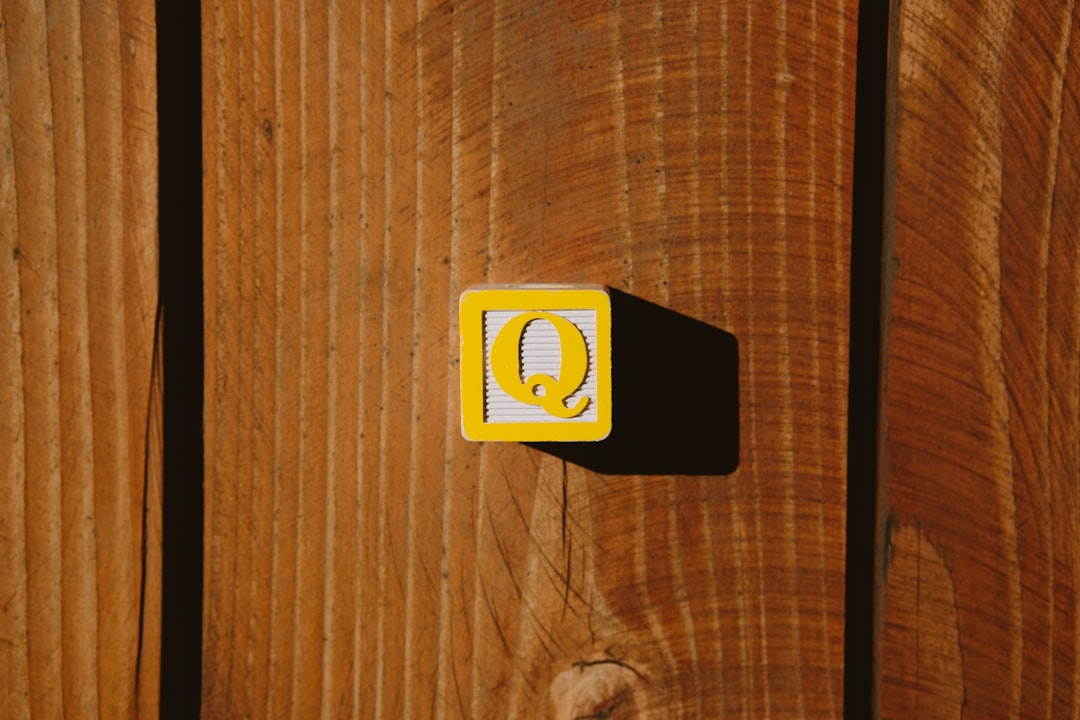“`html
Quick Response (QR) codes have become an integral part of digital interactions, providing users with an easy way to access information, websites, and services. However, with the increasing use of QR codes, concerns about security and data privacy have emerged. Can information really be stolen from a QR code? The answer is not as simple as it may seem.
Understanding How QR Codes Work
A QR code is a type of two-dimensional barcode that can store various kinds of information, such as URLs, contact details, Wi-Fi credentials, or payment information. When scanned using a smartphone or QR code reader, the embedded data is instantly processed, making QR codes a convenient tool for businesses and individuals alike.
Can Information Be Stolen from a QR Code?
In most cases, a QR code itself does not actively steal or transmit data from a user’s device. However, it is possible for hackers to exploit QR codes to deceive users into providing sensitive information or downloading malware. The following are some of the most common security risks associated with QR codes:
1. Malicious QR Codes
Cybercriminals can create fraudulent QR codes that redirect users to fake websites designed to steal login credentials, credit card details, or other sensitive data. These sites may closely resemble legitimate platforms to trick unsuspecting users.

2. QR Code Malware
Some QR codes can lead users to malicious websites that automatically download malware onto their devices. This type of malware can compromise personal data, track user activity, or even take control of the device.
3. Payment Fraud
QR codes are often used for mobile payments, which makes them a potential target for fraudsters. If a criminal replaces a legitimate payment QR code with a fraudulent one, users may unknowingly send money to a scammer instead of the intended recipient.
4. Data Collection Without Consent
Some QR codes may lead to websites that request access to personal information such as location, device details, or camera access. Users who grant excessive permissions may inadvertently expose their data to third parties.
How to Stay Safe When Scanning QR Codes
To minimize the risks associated with QR codes, users should adopt safe scanning practices. Here are some tips to enhance QR code security:
- Verify the Source: Only scan QR codes from trustworthy sources, such as official websites, company emails, or reputable organizations.
- Check for Tampering: If scanning a QR code from a publicly displayed sign, double-check that it has not been tampered with or replaced.
- Use a Secure QR Code Scanner: Some QR code scanning apps provide security features that check URLs before opening them.
- Be Cautious with Login Requests: If a QR code directs you to a website asking for credentials, verify the legitimacy of the site before entering any information.
- Keep Devices Protected: Maintain up-to-date security software on your smartphone to prevent malware infections.

Conclusion
While QR codes themselves do not steal data, they can be used as a tool for cyberattacks, fraud, and scams. Users should exercise caution when scanning QR codes, especially those from unknown or unexpected sources. By staying vigilant and adopting protective measures, individuals can safely enjoy the convenience that QR codes offer without compromising their personal information.
Frequently Asked Questions (FAQ)
Can scanning a QR code give hackers access to my phone?
No, scanning a QR code does not automatically grant hackers access. However, malicious QR codes may direct you to unsafe websites or prompt you to download harmful software.
How can I tell if a QR code is safe?
You can check the source of the QR code and use a secure QR scanner with built-in security features. Avoid scanning codes from unknown sources, and verify website URLs before entering sensitive information.
Can QR codes contain malware?
QR codes themselves do not carry malware, but they can direct users to infected websites. If a site automatically downloads files upon scanning, it may be attempting to install malware on your device.
What should I do if I scanned a suspicious QR code?
If you suspect that you have scanned a malicious QR code, exit the webpage immediately, do not enter personal information, and run a security scan on your device.
Are QR codes safe for making payments?
Yes, QR codes are commonly used for secure payments. However, always ensure you are using a trusted platform or merchant before completing any transaction.
“`



